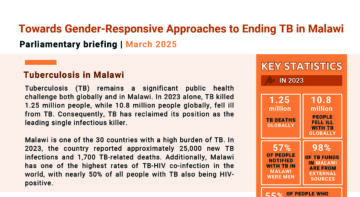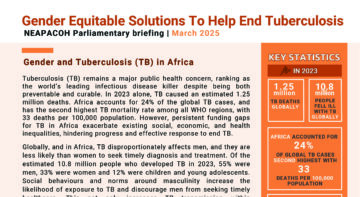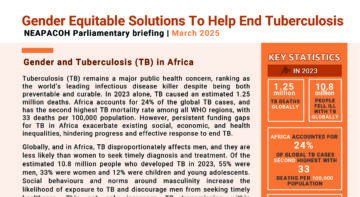
Social health insurance (SHI) is a health finance mechanism that seeks to equitably protect people against financial and health burdens through risk pooling, which considers both the health risks of the people and the contributions by individuals, households, enterprises, and the government. SHI is being implemented in many countries as one of their main mechanisms for achieving universal health care (UHC). SHI typically has three characteristics: compulsory enrolment with members paying a specific premium; only those registered are entitled to benefits; and a legislation outlining the benefits members are entitled to for the premium amount they paid.
Kenya is a lower- to middle-income country with an estimated population of 53 million in 2021. More than two-thirds (69%) of the population reside in rural areas, and the estimated poverty rate is 39%. Kenya adopted a devolved governance system in 2010, which established 47 county governments charged with providing and financing healthcare. Kenya has a mixed health financing system with funding from government (47%), donor funds (18%), out-of-pocket payments (24%) and private (11%) in 2020. The incidence of catastrophic healthcare expenditure in Kenya was estimated at 7% in 2018, with between 1 and 1.1 million individuals pushed into poverty annually due to out-of-pocket healthcare payments.
Related Publications





